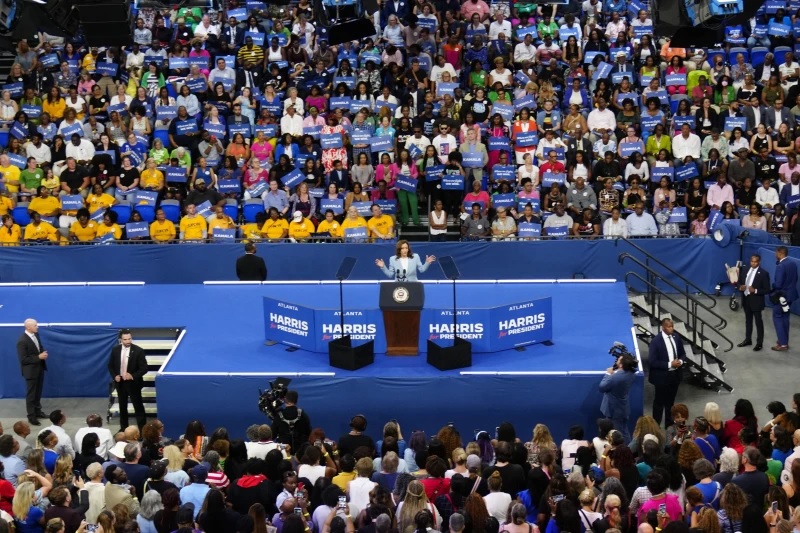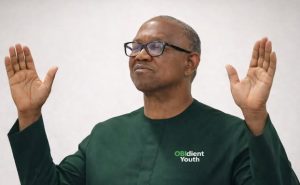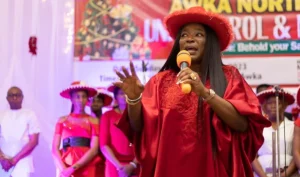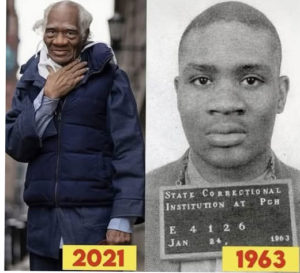Kamala Harris and Trump rallies in the same Atlanta arena showcase America’s deep divides (US Election 2024)

Kamala Harris and Trump rallies in the same Atlanta arena showcase America’s deep divides (US Election 2024)
Vice President to United States Kamala Harris and former President Donald Trump stood in the same ground for four days apart, each looking over capacity crowds like concert stars or prizefighters.
This competing events were staged three months before Election Day in the state that produced the closest margin of the 2020 race for the White House.
On policy, tone, the types of voters in attendance and even the music playlists, the rallies offered not just opposing visions of the country but starkly different versions of it.
Those dynamics raise questions about how a factionalized citizenry might be Trump return back or a Kamala Harris becoming the president. Angela Engram, a 59-year-old Democrat who drove from Stockbridge, Georgia, to hear Harris on Tuesday said “It’s OK to have different ideologies,” .
On that, at least two people who came to the Georgia State Convocation Center on different days could agree.
What People says about Kamala Harris and Trump rallies in the same Atlanta
Angela Engram, a 59-year-old Democrat
“But now it’s just so much about parties and personalities and power, with people not even trying to understand each other.”
Tracy Maddux, a 67-year-old retired grocer from Sparta, Georgia, who was at Trump’s rally on Saturday, shared Engram’s lament about politics in 2024.
But Maddux blamed Democrats said that they were no longer concerned about ordinary people. Engram blamed Trump and his supporters, especially those who accepted his falsehoods that his 2020 loss to Democrat Joe Biden was rigged.
Trump drew an overwhelmingly white audience with a noticeable presence of Black voters. The playlist leaned to his eclectic musical tastes — the Village People and ABBA among them — but featured plenty of country music. The crowd erupted at the first notes of his signature walk-up song: “God Bless the USA,” by Trump supporter Lee Greenwood.
It was two disparate crowds in just one of a divided nation’s battleground states that will decide the presidency. In 2020, Biden campaigned hard with Black voters, younger voters, other nonwhite voters and college-educated white voters in metro areas such as Atlanta.
Trump dominated rural areas, small towns and smaller cities. In Georgia, the result was a Biden victory by 11,779 votes out of 5 million cast.
Both campaigns expects the Harris-Trump matchup to track along the same lines, with the parties’ bases playing pivotal roles in the Georgia and national outcome.
The battle between Kamala Harris and Trump
The huge gathering for Harris frustrated Republicans enough that they played down her part in it.
“They had a big crowd. They had some entertainment there. They were doing some twerking,” said Georgia Lt. Gov. Burt Jones, who served as one of Trump’s “fake electors” after the 2020 election.
Jones alleged that Harris’ crowd thinned after Megan Thee Stallion’s performance. That was not the case in the 25 minutes Harris spoke. In fact, Trump lost sizable chunks of supporters across his 91-minute speech.
Kamala speaking to the rally bout inflation, she implicitly blamed corporate greed, promising to attack “price gouging” and “hidden fees.” Democrats promoted the biggest spending measures of Biden’s tenure as seminal investments in clean energy, domestic manufacturing such as the burgeoning electric battery plants in Georgia and infrastructure improvements that eluded previous presidents. Trump warned. “If Kamala wins, it will be crime, chaos and death all across our country.” He blamed Harris specifically for the killing of Georgia resident Laken Riley, whose death authorities have blamed on a Venezuelan man who allegedly entered the United States illegally.





